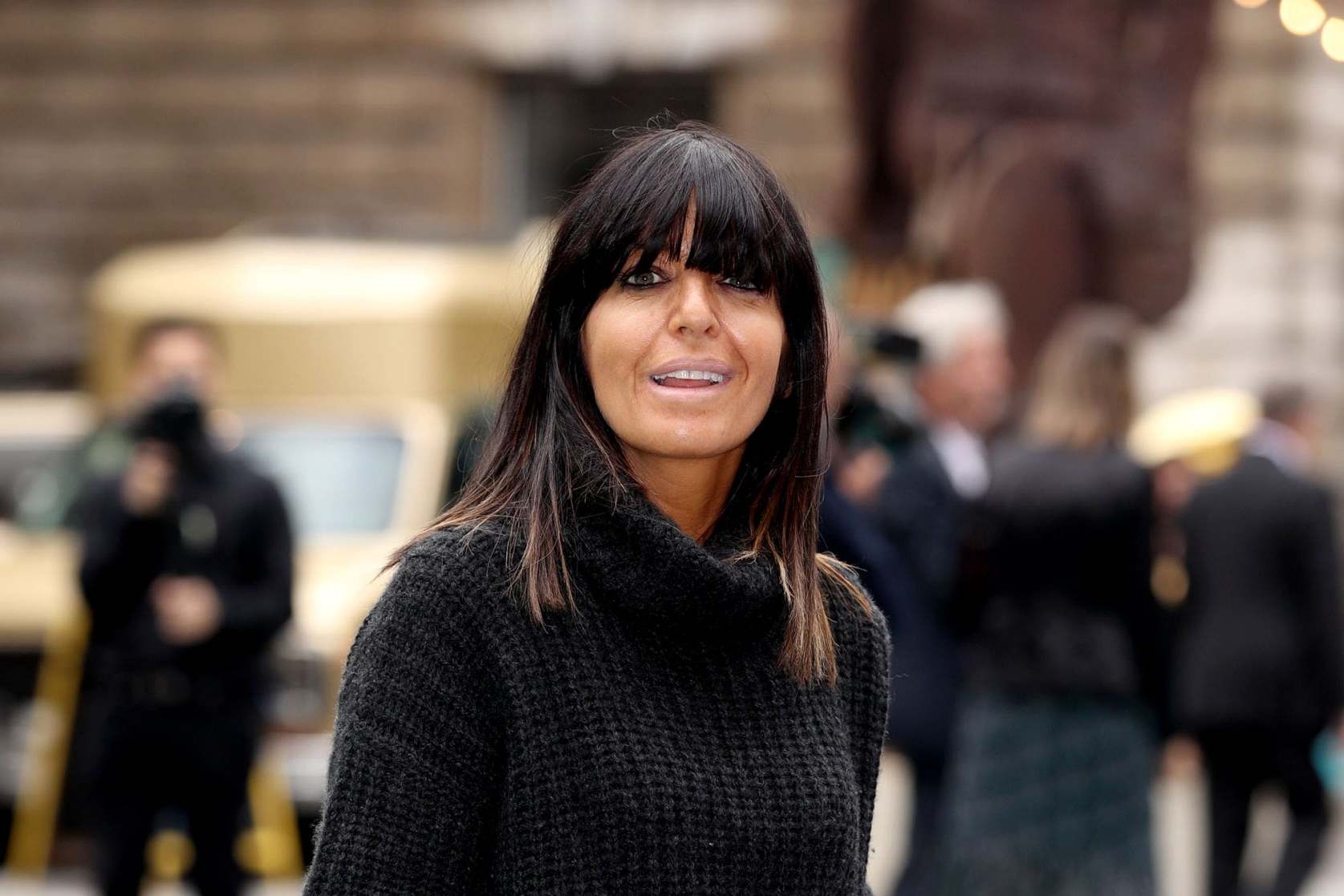BBC pay gap: Good news on gender equality from the national broadcaster
Auntie leads the industry – and the nation – on gender pay gap

Much has, rightly, been made of the BBC’s seven best-paid stars being all men, as revealed in its latest annual report. But, if you are not aiming for total stardom, it turns out the broadcaster is actually not a bad place to work as a woman.
That’s because the BBC’s median gender pay gap stands at 6.7 per cent. That is worse than zero but better than the national number and better than the gaps at the corporation’s nearest television rivals – ITV and Channel 4.
Judging the precise extent of the BBC’s lead is a little trickier. The Office for National Statistics put the median gender pay gap at 17.9 per cent – but that was back in October, with no indication of when the next update will be released.
The Financial Times provides a more up-to-date number: 11.9 per cent. It is based on the data submitted this year by around 10,500 firms with 250 staff or more, as required by legislation in force since 2017.
The figures available for ITV and Channel 4 could also do with a refresh. The first broadcaster’s latest gender pay gap report was published in March, covering 2018. It said the gap stood at 11 per cent.
Channel 4’s report was released in June last year and showed that it paid its female employees a depressing 22.3 per cent less than the men in its workforce.
Perhaps it would be fairer to compare the BBC’s 2018, rather than 2019, gap with these numbers. But, at 7.6 per cent, the publicly funded broadcaster still wins out.
One caveat to all these good vibes is that the BBC’s gender pay gap release does not include remuneration at its commercial arm, BBC Studios. The maker of such star-studded programmes as Top Gear, Doctor Who and Strictly Come Dancing publishes its data separately as it has over 250 employees. Its median pay gap, revealed in October, was a much less noble 14.1 per cent.
Just for fun, I’ve also calculated the difference between the median pay of the men and the women in the BBC’s top 10 of high earners. It comes in at an even less laudable 20.2 per cent.
Admittedly, on the first point, it is the BBC proper rather than its commercial subsidiaries that attracts the most public scrutiny. And on the second, my calculation is based on annual pay ranges rather than exact hourly rates as the law requires – as such, it is only a rough indication of the top 10 pay gap.
So, the BBC should still be applauded for its progress on equalising pay. And that’s one more reason to call it Auntie rather than, oh I don’t know, Uncle.
Join our commenting forum
Join thought-provoking conversations, follow other Independent readers and see their replies
Comments